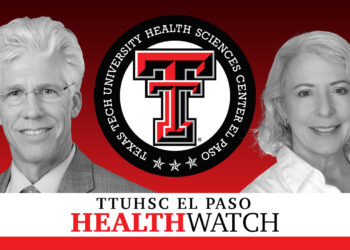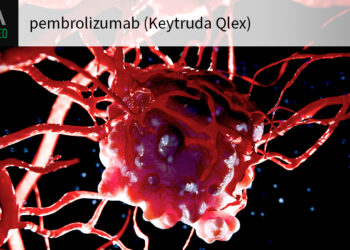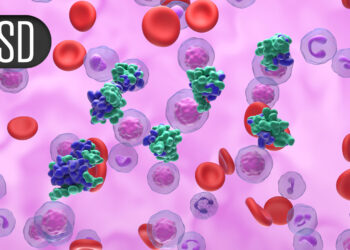TOPLINE:
Maternal epilepsy was associated with increased odds of adverse perinatal outcomes, but most associations were driven by prenatal exposure to antiseizure medications (ASMs) rather than epilepsy itself.
METHODOLOGY:
- Researchers conducted a retrospective population-based cohort study using national health data from Scotland between 2009 and 2021.
- This study included 629,200 pregnancies (2022 in women with epilepsy and 627,178 in women without epilepsy).
- International Classification of Diseases, Tenth Revision codes were used to identify maternal epilepsy from pregnancy records or hospital admissions within 2 years prior to the estimated conception through pregnancy.
- The analysis included exposure to ASMs, defined as any ASM dispensed between 30 days before the estimated conception and the end of pregnancy, with 4406 pregnancies exposed to ASMs and 624,794 unexposed.
- The primary outcome was the association between maternal epilepsy and adverse perinatal outcomes; secondary outcomes included effect estimates for exposure to specific ASM monotherapies (valproate, carbamazepine, lamotrigine, levetiracetam, or topiramate) vs no exposure.
TAKEAWAY:
- Compared with women without epilepsy, those with epilepsy showed increased odds of induced labour (adjusted odds ratio [aOR], 1.17; 95% CI, 1.02-1.34), after adjusting for prenatal exposure to ASMs.
- Prenatal exposure to ASMs was associated with increased odds of preterm birth (aOR, 1.47; 95% CI, 1.25-1.74), induced labour (aOR, 1.38; 95% CI, 1.25-1.52), and NICU admission (aOR, 1.54; 95% CI, 1.33-1.78).
- Valproate monotherapy showed the strongest association with congenital conditions (aOR, 3.91; 95% CI, 2.36-6.49), followed by carbamazepine monotherapy (aOR, 1.90; 95% CI, 1.16-3.10).
IN PRACTICE:
“Maternal epilepsy is associated with many adverse perinatal outcomes, but most are driven by prenatal ASM exposure. We postulate that joint comprehensive care between obstetricians and epileptologists or other specialists who prescribe ASMs could improve perinatal outcomes,” the authors of the study wrote.
SOURCE:
This study was led by Paolo Pieirino Mazzone, Muir Maxwell Epilepsy Centre, University of Edinburgh, Edinburgh, Scotland, and was published online on June 16, 2025, in Epilepsia.
LIMITATIONS:
This study was limited by its inability to account for epilepsy characteristics such as aetiology, type/syndrome, or seizure frequency/severity. This study could not determine whether individuals in the group of women with epilepsy without prenatal exposure to ASMs were misclassified because some might have had resolved epilepsy or never had epilepsy. ASM treatment duration, trimester of dispensation, and reasons for ASM use aside from epilepsy were not investigated.
DISCLOSURES:
This study did not receive any external funding. One author reported receiving consultant, lecture, and/or conference-attendance fees from various sources, and another author reported receiving external fund support unrelated to this study.
This article was created using several editorial tools, including AI, as part of the process. Human editors reviewed this content before publication.
Source link : https://www.medscape.com/viewarticle/epilepsy-medications-drive-adverse-pregnancy-outcomes-2025a1000gn9?src=rss
Author :
Publish date : 2025-06-25 12:00:00
Copyright for syndicated content belongs to the linked Source.












